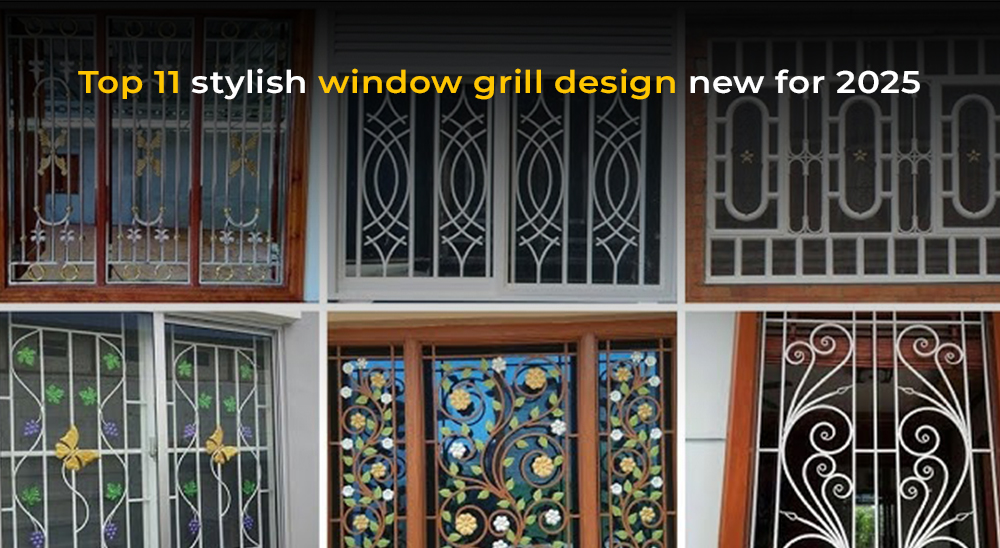Can Indians Buy Property In Dubai
Dubai has become one of the favourite investment hubs for Indians over the recent years. There are two reasons for this, first Dubai is the world’s fastest-growing city in terms of infrastructure and ROI. Secondly, the land-owning laws of the city are very flexible as compared to other foreign countries. Additionally, the value over the investment is much higher in Dubai than in any other country. Indians have a keen interest in the properties which can be ascertained from the fact that presently 35,000 Indians own properties in the city worth Rs 2.4 trillion.
Can Indians buy property in Dubai?
As per Indian law, purchasing property in Dubai is entirely legal and compliant with the Foreign Exchange Management Act (FEMA) enacted in 1999. Moreover, the Liberalised Remittance Scheme (LRS) allows Indian residents to invest up to $250,000 in overseas properties.
The Dubai government has also introduced “golden visas” to attract more foreign investors. These visas have relaxed regulations for property ownership by foreign residents. Under the updated property investment rules, individuals purchasing real estate valued at two million Dirhams or more can apply for a 10-year visa, providing an enticing incentive for those looking to invest in Dubai’s property market.
How can Indians buy property in Dubai?
Here are some of the ways following which Indians can easily buy property in Dubai.
- Indians can purchase properties in specific areas in Dubai, designated for foreign property ownership. The authorities have prescribed a long list of areas known as freehold properties that can be acquired by Indian nationals
- Choose a property that aligns with your preferences in terms of location, size, and other requirements.
- Create a Memorandum of Understanding (MOU) or use Contract Form F, available on the official Dubai Land Department (DLD) website. This document outlines the terms and conditions related to the sale value of the property.
- Sign the MOU and make a 10 percent security deposit. This deposit will be refunded upon completion of the property transfer.
- Secure a No Objection Certificate (NOC) from the property developer. This certificate confirms that the developer has no objections to the property transfer.
- Submit all your important documents listed above to the Dubai Land Department (DLD) office with the seller. Also, attach your NOC, MOU and other relevant documents with right cheque for agreed sale price.
Top Localities to buy property in Dubai
Dubai is known for its upscale properties and well-developed localities that offer a comfortable stay for you and your family. There are several localities in the city but Indians can invest in only those properties that are categorised under the freehold properties. Some of the major localities that are open for investment by Indians can be checked here.
- Dubai Marina
- Palm Jumeirah
- Downtown Dubai
- Jumeirah Beach Residence (JBR)
- Arabian Ranches
- Emirates Hills
- Business Bay
- Dubai Sports City
- Jumeirah Village Circle (JVC)
- Dubai Hills Estate
Tips to buy property in Dubai
Buying a property in Dubai is not a tedious task due to the relaxed laws and norms by the authorities. However, before buying it is advisable to indulge in a lot of research. This ensures that you are not subjected to any forgery or fraudulent deals. Here are some quick tips to consider when buying property in Dubai.
- Determine whether you want to buy a property for personal use, investment, or both. Your goals will influence your choice of location, type of property, and investment strategy
- Decide whether you want an apartment, villa, townhouse, or commercial property. Dubai has a range of upscale villas and localities that offer a comfortable stay. Additionally, you should also consider factors like size, layout, and amenities that align with your needs and preferences
- Connect with reputed real estate agencies that have a strong record in Dubai. The agents will offer valuable insight and a clear idea of the type of property that is best suited for your financial goal.
- If you are an expat then you should check out the major laws and norms prescribed for documentation and legal requirements. Dubai authorities have very flexible laws for Indians but a clear understanding of all the laws helps to avoid any fraud
- Keep essential documents including your passport, Emirates ID, and proof of funds handy. If you are an Indian or an expat then you may need a No Objection Certificate (NOC) from the developer, MOU, and other legal documents
- Dubai has various fees and taxes associated with property transactions, such as registration fees, agent commissions, and property transfer fees. Calculate these costs to budget effectively
- If you plan to finance your purchase through a mortgage, research Dubai’s mortgage market, interest rates, and eligibility criteria. Ensure your financial status aligns with the lender’s requirements
- Dubai offers both leasehold and freehold properties for investors. Freehold properties grant full ownership rights, while leasehold properties have ownership limitations. Understand the type of property and its associated rights
FAQs
- Can an Indian invest in property in Dubai?
Ans. Yes, Indians can invest in property in Dubai there are several laws that allow them to do this.
- How can an Indian buy a property in Dubai?
Ans. Indians have to follow the laws and processes prescribed by the DLD to buy a property in Delhi.
- Can I buy my own property in Dubai?
Ans. Yes, you can connect with real estate agencies and invest in lease properties or freehold properties in Dubai.
- Can you own 100% property in Dubai?
Ans. Yes, you can invest in the freehold properties listed in Dubai and get 100% ownership rights over them.
- How many Indians own property in Dubai?
Ans. Presently, around 35,000 Indians own property in Dubai which accounts for a total value equal to Rs 2.4 trillion.





